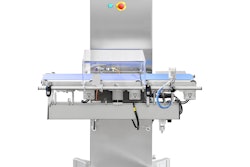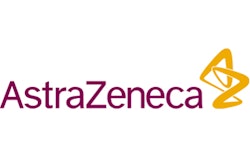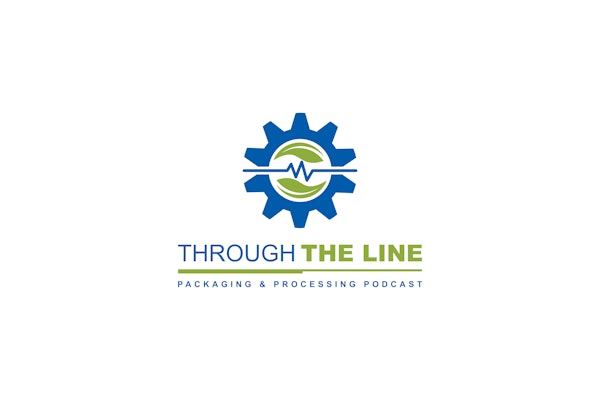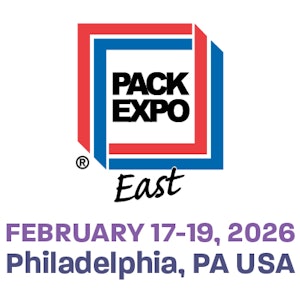When the Precision Medicine Initiative (PMI) was launched in January 2015 as “a bold new research effort to revolutionize how we improve health and treat disease,” according to The White House, it brought challenges to the entire healthcare supply chain.
The U.S. FDA’s website, for example, said, “The vast amount of information generated through next-generation sequencing (NGS) poses novel regulatory issues for FDA.”
Some refer to individualized therapies as precision medicine, stratified medicine, pharmacogenomics, or personalized medicine. Whatever term is used, its market potential is significant. For example, a recent report from Grand View Research (GVR) forecasted the global personalized medicine market to reach US$2,452.50 billion in 2022, rising at an 11.8% Compound Annual Growth Rate between 2014 and 2022.
What’s behind this healthy growth? GVR's report cited the following factors:
• Growing healthcare expenditure levels triggering the need for an effective diagnostic procedure for cancer, the growing prevalence of cancer and increasing usage of combination biomarkers for diagnostics.
• Increasing adoption of next-generation sequencing for genetic mapping of patients by clinicians and medical practitioners worldwide.
• Growing support for personalized medicine by reimbursement and regulatory landscape.
• Novel introduction of drugs with associated and companion diagnostics, and growing usage of highly sensitive, accurate genetic diagnostic techniques for disease testing and risk assessment.
• An anticipated increase in advanced DNA diagnostic usage combined with the reduction in implementation costs for whole genome sequencing.
A July 6 Medical News Today post noted that beyond targeted therapies for diseases such as cancer, cystic fibrosis, Alzheimer’s, and replacement body parts, “advances in biotechnology also contribute to personalize medicine.” The MNT story identified imaging and mHealth/wearables among the technologies that will help advance personalized medicine moving forward.
Might personalized medicine evolutionize packaging materials and machinery? Will it change processing methods? What barrier properties will be required from packaging materials? What impact could it have on machinery design and utilization? Will companies approach such treatments as they do for clinical trials? Will contract manufacturing/packaging organizations take the lead role? Such issues will be determined as therapeutic treatments continue to advance.
Logistics implications
Quick Specialized Healthcare Logistics announced in late July that it expanded its “specialized domestic and international personalized medicine logistics capabilities to meet the changing needs of the lifescience and healthcare communities.”
A company press release noted the following:
“The adoption and practice of personalized medicine and biologics continues to extend its reach to all stages of patient care and fields of medicine and include autologous vaccines, which are created from a patient’s own cells and may control or cure various cancers.
“These types of drugs can be less stable than others, making both speed and maintaining proper temperature critical throughout the entire transportation process. Individual patient specimens must be quickly transported to laboratories or Contract Manufacturing Organizations (CMOs), where the personalized vaccines are created, and then sent back from the manufacturing site to a medical clinic or hospital where the patient will be infused.”
Going back to the MNT article, the author wrote, “Genome sequencing and advancing technology are shifting the perspective on healthcare, bringing tailor-made treatment further within reach.”
It’s worth watching how packaging and logistics functions will adapt to accommodate these therapies, perhaps especially so for companies in the temperature-sensitive supply chain.






















